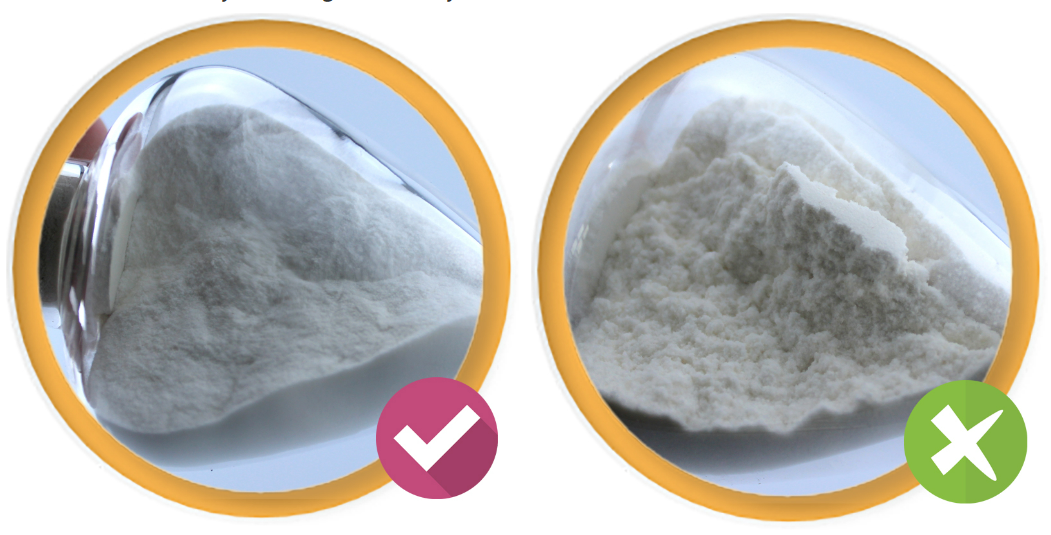
11-р сар . 16, 2024 05:45 Back to list
hydroxy methyl cellulose
The Versatility of Hydroxy Methyl Cellulose in Various Industries
Hydroxy Methyl Cellulose (HMC) is a cellulose derivative that is widely recognized for its unique properties and versatile applications across multiple industries. As a non-ionic, water-soluble polymer, HMC has garnered attention for its use in pharmaceuticals, food production, cosmetics, and construction. With a broad spectrum of functionalities, HMC plays a pivotal role in enhancing product performance and formulation efficiency.
What is Hydroxy Methyl Cellulose?
HMC is produced by the chemical modification of natural cellulose derived from cotton or wood pulp. The hydroxyl groups in cellulose are partially substituted with methoxy and hydroxy methyl groups through an etherification process. This modification imparts water-solubility to HMC, a property that makes it invaluable in various applications.
Applications in the Pharmaceutical Industry
In the pharmaceutical sector, HMC serves as a key excipient in the formulation of tablets and capsules. Its gel-forming capabilities allow it to function as a binder, providing structural integrity to solid dosage forms. HMC’s water-retention properties are particularly beneficial in controlled-release formulations, enabling the gradual release of active pharmaceutical ingredients (APIs) over time. Moreover, due to its non-toxic nature, HMC is safe for use in various medicinal applications.
In addition to its binding properties, HMC is utilized as a thickening agent in topical formulations. Creams, lotions, and gels containing HMC exhibit improved texture and adherence, enhancing their efficacy. Furthermore, HMC is often used in ophthalmic solutions as a lubricating agent, helping to alleviate dry eyes and improve patient comfort.
Role in Food Production
The food industry also benefits significantly from the incorporation of HMC. As a food additive, HMC is classified under the E-number system as E464, primarily used as a thickener, emulsifier, and stabilizer. It improves the viscosity of sauces, soups, and dressings, ensuring a smooth and uniform texture.
hydroxy methyl cellulose

HMC also enhances the shelf life of various food products by retaining moisture and preventing separation. Its ability to form gels makes it an ideal ingredient in low-fat and gluten-free products, where it helps to mimic the texture of fat and gluten, improving the overall eating experience. As consumer demand for clean-label products grows, HMC emerges as a preferred choice due to its natural derivation and minimal processing.
Cosmetic Applications
The cosmetic industry utilizes HMC for its exceptional thickening and film-forming properties. In skincare products, HMC acts as a moisturizer, helping to hydrate the skin by forming a protective barrier that reduces water loss. Its inclusion in lotions and creams not only enhances product consistency but also improves spreadability and application.
Moreover, HMC plays a crucial role in hair care products, providing smoothness and shine while preventing frizz. It is commonly found in shampoos, conditioners, and styling gels, contributing to texture and performance. As the trend towards natural and sustainable ingredients continues to rise, HMC stands out as a natural derivative that meets consumer expectations for efficacy and safety.
Contributions to Construction
Beyond consumer products, HMC is increasingly being used in the construction industry, particularly in the formulation of mortar, plaster, and tile adhesives. Its water-retention properties allow for extended working time during application, ensuring optimal adhesion and durability. HMC also improves the flexibility and workability of cement-based materials, making it an essential additive for high-performance construction applications.
In addition, HMC’s role as a viscosity modifier contributes to the achievement of desired application properties, such as preventing sagging during vertical applications and enhancing the overall finish of construction materials.
Conclusion
Hydroxy Methyl Cellulose is a highly versatile polymer that has found applications in numerous industries, thanks to its unique properties and functional benefits. From enhancing pharmaceutical formulations to improving food textures, cosmetic efficacy, and construction material performance, HMC continues to demonstrate its importance across the board. As industries evolve and the demand for innovative, efficient, and sustainable solutions grows, HMC is poised to maintain its significance as a valuable ingredient in the global market. Its multifunctional nature ensures that Hydroxy Methyl Cellulose will remain a key player in various sectors for years to come.
-
tile-bonding-additives-for-stronger-bonds
NewsAug.22,2025
-
construction-grade-rdp-for-wholesale-needs
NewsAug.22,2025
-
trusted-wholesale-hec-partners
NewsAug.22,2025
-
hec-solutions-for-industrial-excellence
NewsAug.22,2025
-
construction-additives-need-hpmc-essentials
NewsAug.22,2025
-
hpmc-versatile-cellulose-ether-for-industries
NewsAug.22,2025







